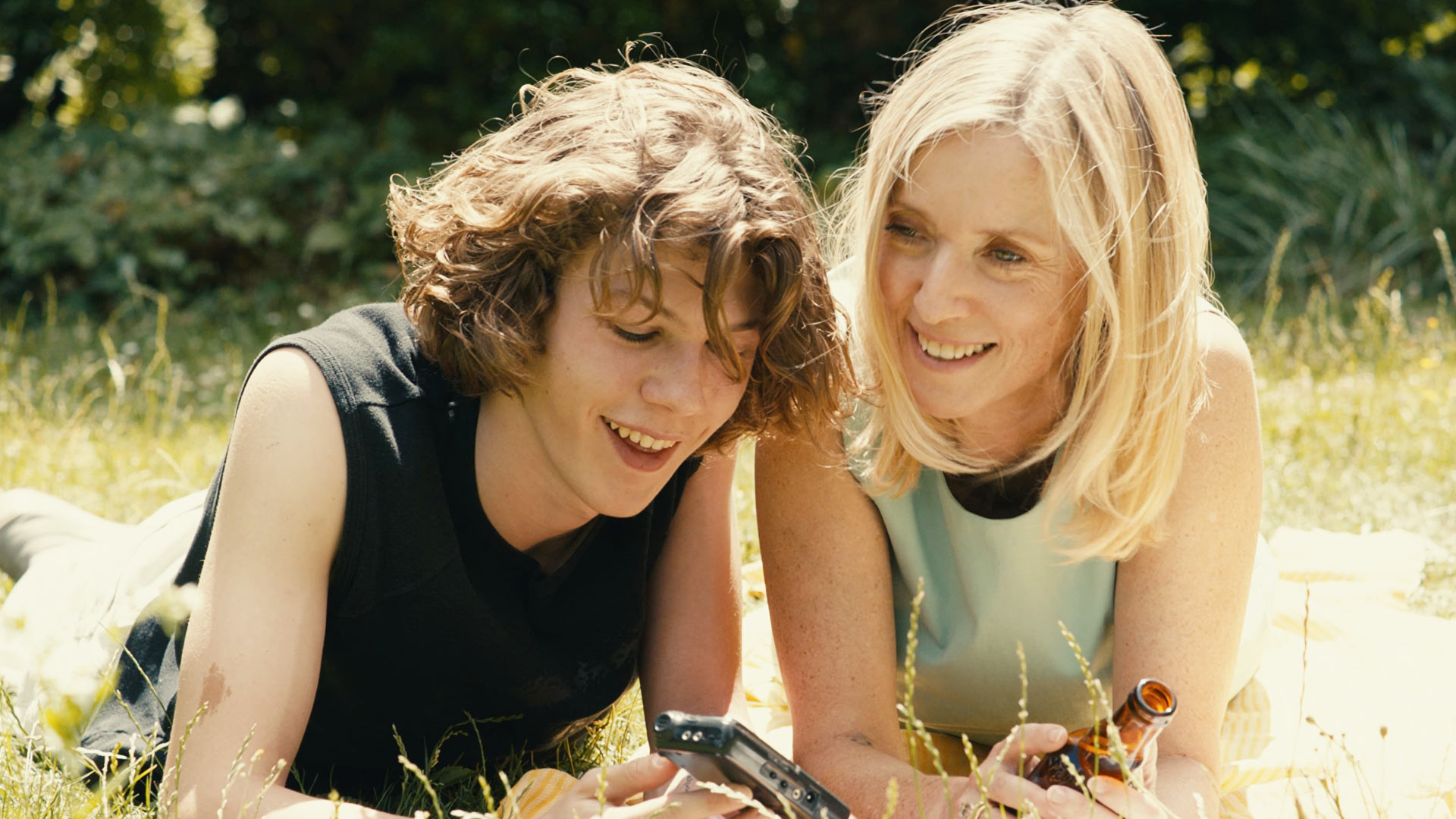Last Summer is an elegently told French drama with a risqué twist
The French make damn good sexually charged dramas – but this one’s a bit of a mixed bag.

A married woman and her teenage stepson have an affair in Catherine Breillat’s French drama, which is gracefully made but feels “rather cold and detached,” writes Luke Buckmaster.
Last Summer is not exactly the first morally ambiguous French drama to revolve around an extramarital affair. As the two lead characters connect, gradually moving towards the status of lovers, you can sense a dangerous energy bubbling away—a feeling of lines about to be crossed, points of no return reached. Things are especially unsettling in that this relationship is between Léa Drucker’s Anne, a lawyer specializing in child protection, and Samuel Kircher’s Theo, her 17-year-old stepson who moves into the Parisian home Anne shares with her wealthy but bland husband, Olivier Rabourdin’s Pierre, and two young adopted daughters.
The film opens with Anne grilling a teenage client about her sex life, explaining that the defense will attempt to paint her as a “world-class slut.” It’s clear she works with people whose lives can be profoundly affected by adolescent events. In light of the drama that ensues, writer/director Catherine Breillat—remaking the 2019 Danish film Queen of Hearts—may be inferring that formative passageways never really end: our lives can always be upended by the decisions we make, or those foisted upon us by others. I say “may” because this is a difficult film to read, ideologically and especially morally, refusing to condemn or defend anybody and without an obvious point or hypothesis.
What warmth the film has comes visually and stylistically, unfolding with summery compositions and an elegant, unflashy style. Breillat holds the frame, encouraging actors to find their rhythm not just scene-by-scene or over the course of the runtime but during individual takes. There’s a feeling this film was made in the moment, not in the edit, which may or may not be true but speaks to the director’s intuitive sensibilities. Sometimes, during dialogue exchanges, Breillat resists cutting between parties, keeping the frame on one character even when another’s talking—a strange and slightly displacing technique, increasing the intimacy associated with one person at the expense of the other.
Initially Anne and Theo have a frosty relationship, but a circuit breaker occurs when the family house is robbed and Anne correctly ascertains that it was an inside job. She makes a deal with Theo to keep quiet if he begins to act friendlier and more accommodatingly. You can feel the relationship between them gently intensify, their inevitable coming together feeling more like an organic extension of the drama, and the performances, than a plot development. Which is a great testament to the actors—Drucker and Kircher gradually layering their performances and perfectly reflecting the film’s aura of restraint, rendering very vivid and multi-dimensional characters.
When Anne and Theo begin their affair, we know things can never be the same. But this isn’t emphasized as a moment of original sin; nothing is put in highlighter pen. It does however tang the subsequent drama with a doomed feel and a sense the walls may be closing in. The older and savvier Anne understands the stakes, and encourages Theo to keep quiet—but can his youthful impetuousness be managed? We understand that the axe may or may not fall; the stakes intensify but it’s clear that comeuppance or even contrition aren’t necessarily on the cards. This is not a film in which we expect all wrongs to be righted.
There are some surprises, particularly in the final act, but they carry a hollowed-out feeling. While the lack of didacticism is admirable in many respects Breillat’s framing felt, to me, rather cold and detached; almost emptied of purpose. Stylistically, aesthetically and performance-wise Last Summer is a finely made film, but I came out of it largely unmoved and wondering what the point was.

























